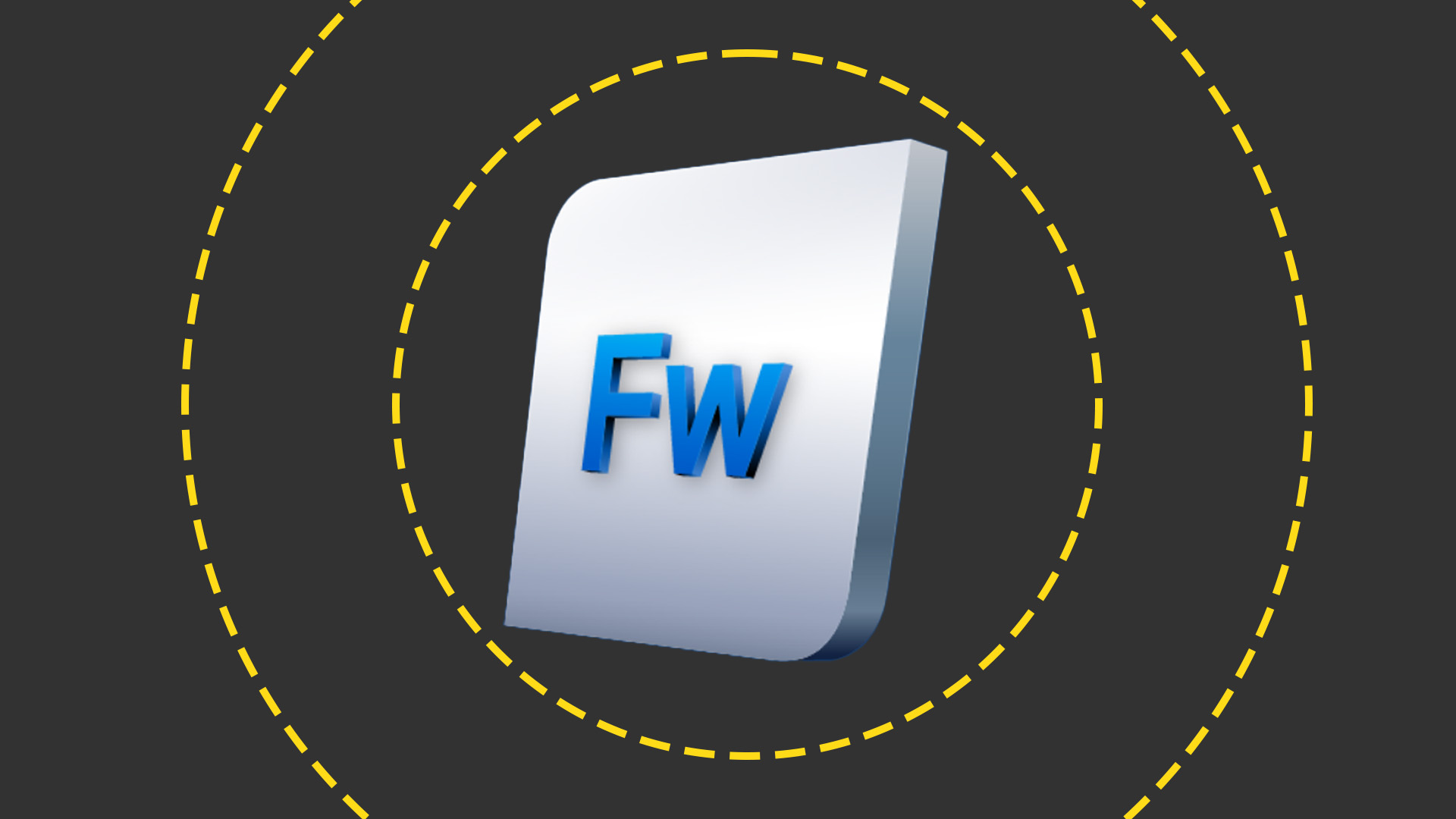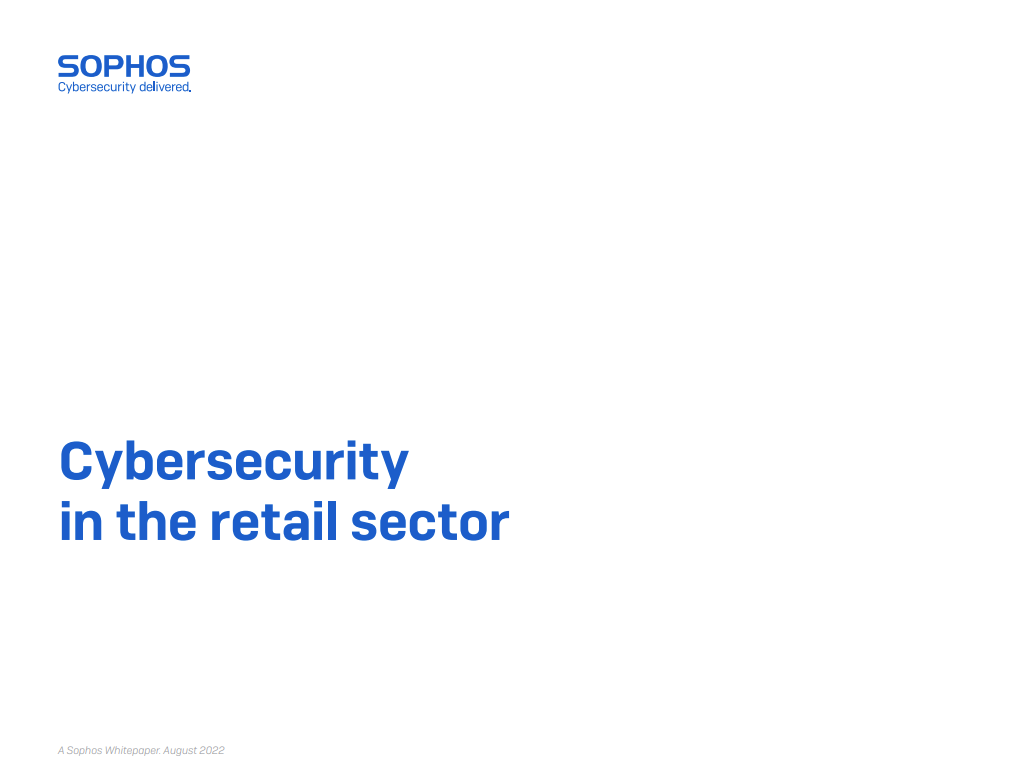One infected webpage every five seconds during 2008
The statistics show that web attacks are increasing with no hope of relief in sight - with SQL injections looking to be a particular threat.

In the first six months of 2008, one webpage was infected every five seconds, Sophos said in its Security Threat report.
This was worse than in the figure in 2007, when one infected webpage was found every 14 seconds. The 2008 figure meant that Sophos found 16,173 malicious webpages every day, with 90 per cent being on legitimate sites which had been the victim of hacking.
The report said that SQL injections had been one of dominant malware trends in the first six months of 2008, according to Sophos. The attacks exploit security vulnerabilities and insert malicious code (script tags) into a database which runs a website.
"There's been a concerted campaign to infect people," said Sophos senior technology consultant Graham Cluley. "If you were to paint a picture of what the first six months of 2008 were all about when it came to malware, it was about SQL injections hitting websites."
Cluley said this was becoming the trend for malware rather than attachment on emails which were usually filtered before getting to the user. He also said that it was also popular because legitimate sites which were already getting traffic were getting hit.
"It is easy using Google to find vulnerable webpages," he said. "It is easy to find websites which haven't been constructed properly, and to inject your code. It's relatively trivial to do, but really effective."
Cluley said that web development teams could look at code and harden it, but smaller companies were not usually able to do it. However he said that there were tools available from companies like Microsoft and HP which would look at code and attempt to find and warn about vulnerabilities.
Get the ITPro daily newsletter
Sign up today and you will receive a free copy of our Future Focus 2025 report - the leading guidance on AI, cybersecurity and other IT challenges as per 700+ senior executives
He said that website attacks such as SQL injections would only increase in the next six months: "There are many companies out there who haven't done enough to defend their websites. They need to start scanning users' web access as well as their emails."
-
 Should AI PCs be part of your next hardware refresh?
Should AI PCs be part of your next hardware refresh?AI PCs are fast becoming a business staple and a surefire way to future-proof your business
By Bobby Hellard Published
-
 Westcon-Comstor and Vectra AI launch brace of new channel initiatives
Westcon-Comstor and Vectra AI launch brace of new channel initiativesNews Westcon-Comstor and Vectra AI have announced the launch of two new channel growth initiatives focused on the managed security service provider (MSSP) space and AWS Marketplace.
By Daniel Todd Published
-
 96% of SMBs are missing critical cybersecurity skills – here's why
96% of SMBs are missing critical cybersecurity skills – here's whyNews The skills shortage hits SMBs worse as they often suffer from a lack of budget and resources
By George Fitzmaurice Published
-
 Sophos Firewall Virtual review: Affordable network protection for those that like it virtualized
Sophos Firewall Virtual review: Affordable network protection for those that like it virtualizedReviews Extreme network security that's cheaper than a hardware appliance and just as easy to deploy
By Dave Mitchell Published
-
 MSPs are struggling with cyber security skills shortages
MSPs are struggling with cyber security skills shortagesNews A shortage of tools and difficulties keeping pace with solutions were also ranked as key issues for MSPs
By George Fitzmaurice Published
-
 Nearly 70 software vendors sign up to CISA’s cyber resilience program
Nearly 70 software vendors sign up to CISA’s cyber resilience programNews Major software manufacturers pledge to a voluntary framework aimed at boosting cyber resilience of customers across the US
By Solomon Klappholz Published
-
 Sophos and Tenable team up to launch new managed risk service
Sophos and Tenable team up to launch new managed risk serviceNews The new fully managed service aims to help organizations manage and protect external attack surfaces
By Daniel Todd Published
-
 Ransomware groups are using media coverage to coerce victims into paying
Ransomware groups are using media coverage to coerce victims into payingNews Threat actors are starting to see the benefits of a more sophisticated media strategy for extracting ransoms
By Solomon Klappholz Published
-
 Shrinking cyber attack “dwell times” highlight growing war of attrition with threat actors
Shrinking cyber attack “dwell times” highlight growing war of attrition with threat actorsNews While teams are becoming more proficient at detecting threats, attackers are augmenting their strategies
By Ross Kelly Published
-
 Cyber security in the retail sector
Cyber security in the retail sectorWhitepapers Retailers need to ensure their business operations and internal data aren't breached
By ITPro Published